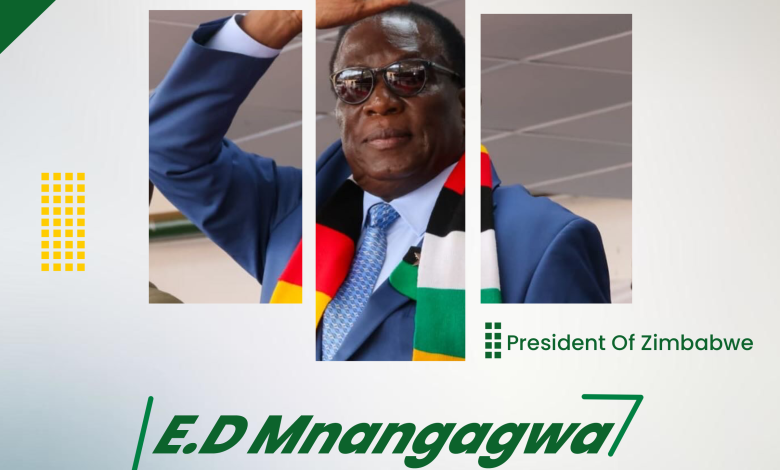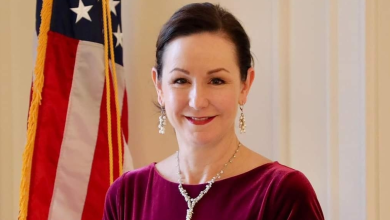
In recent days, various media outlets have reported on the reassignment of officials within the ruling party ZANU PF, sparking misconceptions and speculation among the public. It is essential to set the record straight and clarify that reassigning individuals from one position to another is not a demotion, but rather an opportunity for growth, development, and service in different areas.
President E.D. Mnangagwa, known for his inclusive approach to leadership, has been at the helm of this reassignment strategy. His aim is to engage everyone in the development of the country, ensuring that no one is left behind. This approach is a testament to his commitment to unity, progress, and the empowerment of all citizens.
The reassignment of officials within government and the party is a deliberate effort to:
- Give others a chance to fulfill their potential in different areas of service
- Utilize the diverse skills and expertise of individuals for the benefit of the country
- Promote inclusivity and equal opportunities for all
- Encourage learning, growth, and development among officials
- Enhance the overall performance and efficiency of government and party structures
It is crucial to recognize that reassignment is not a punishment or a demotion, but rather a strategic move to maximize the strengths of individuals and teams. This approach has been successfully implemented in various sectors, including business, sports, and education, where it has yielded positive results and fostered growth.
Let us embrace this inclusive approach and support the efforts of President Mnangagwa and the ruling party ZANU PF as they work towards the development and progress of our beloved country, Zimbabwe.




